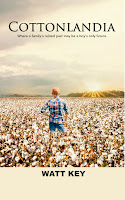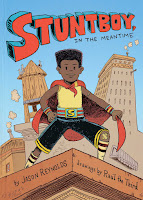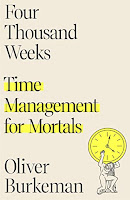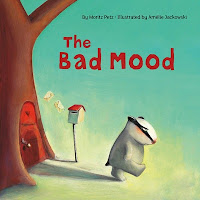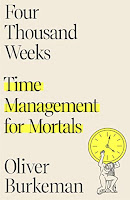 |
| Satellite office; using this year |
I'm More Altruistic Than You Are at The Haven My most recent piece, so perhaps the jury is still out. It doesn't appear to be a big hit right now, though.
A Minimalist's Christmas at The Bigger Picture This was chosen by somebody/something at Medium for further distribution. Presumably it got a boost in exposure. My most successful essay. I did the first draft a couple of years ago.
Slow Down, You Write Too Fast Self-published. This was an attempt to rework a blog post from here at Original Content. It was my least popular piece. Medium is full of self-help articles, particularly about writing for Medium. The bulk of them are about writing and publishing more, so you can see why an article about writing slower, which could result in writing less, wouldn't attract a lot of readers there. It flies in the face of that culture's conventional wisdom.
Still Another Story About The Medium Writers Challenge Another self-published piece. This was also chosen for further distribution, even though there was a great deal published on Medium this fall about the writers challenge. Evidently people there just couldn't get enough of that subject. It did much better than Slow Down, You Write Too Fast.
What We Did There at Tell Your Story This was one of my two submissions for the writers challenge. It is also one of a series of "black belt essays" I've written over the years about my experience as a taekwondo student. It wasn't a big hit even though I had done a draft for a workshop the year before, and used the structure I'd learned there for it, as well as the feedback I received. So much for workshopping material.
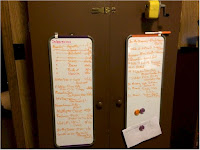 |
| Submission Boards |
Enough at Kitchen Tales My second submission for the writers challenge. It was chosen for further distribution and did much better than What We Did There, even though the publication that accepted it didn't have as many followers as the one that accepted What We Did There. I had started it a year earlier. Since I am interested in writing about eating, I was pleased to get an opportunity to write this.
Daddy Is Watching The Olympics Again at Frazzled Chosen for further distribution. I was happy with this, because it was time sensitive, and I had to write it fast after coming up with the idea. That's most unusual for me.
Relieve Your Anxiety NOW! at The Haven This was very popular with my Facebook friends, but far less so with Medium members. It was my least popular piece until I published I'm More Altruistic Than You Are.
My Child Doesn't Watch YouTube at Frazzled Chosen for further distribution. It is my second most successful piece with Medium readers.
So, What Does This All Mean...
However...
In analyzing my own experience there, it is obvious that the distributed articles did better than the ones that weren't distributed. Both my parent humor articles were distributed, as were the two, let's say, meaningfulish personal essays.
The humor piece about meditation and the personal essay about taekwondo both did poorly. Though one was humor and one wasn't, I see them as being somewhat similar in subject in that they are both a little counterculturish, not as mainstream as parents and kids or grief and eating, the subjects of essays picked up for distribution.
Presumably, I could use this experience to shape my writing for Medium, trying to attract that further distribution designation. I have to decide whether or not I want to jump through hoops to get Medium's support, support that will probably just get me a couple of extra dollars, at best. I could also try to tailor myself to Medium's interests temporarily, until I have more followers who might be interested in sampling whatever I write. Though, personally, I stop following writers whose work drifts away from what originally attracted me to them, so I don't have a lot of confidence in followers following me anywhere.
Also, keep in mind, I'm not trying to make a living off my Medium writing. I'm trying to use publishing there as a springboard to getting essays into publications everywhere. How much do I need Medium's seal of approval (distribution) to do that?
Next year the Medium experience will continue.


